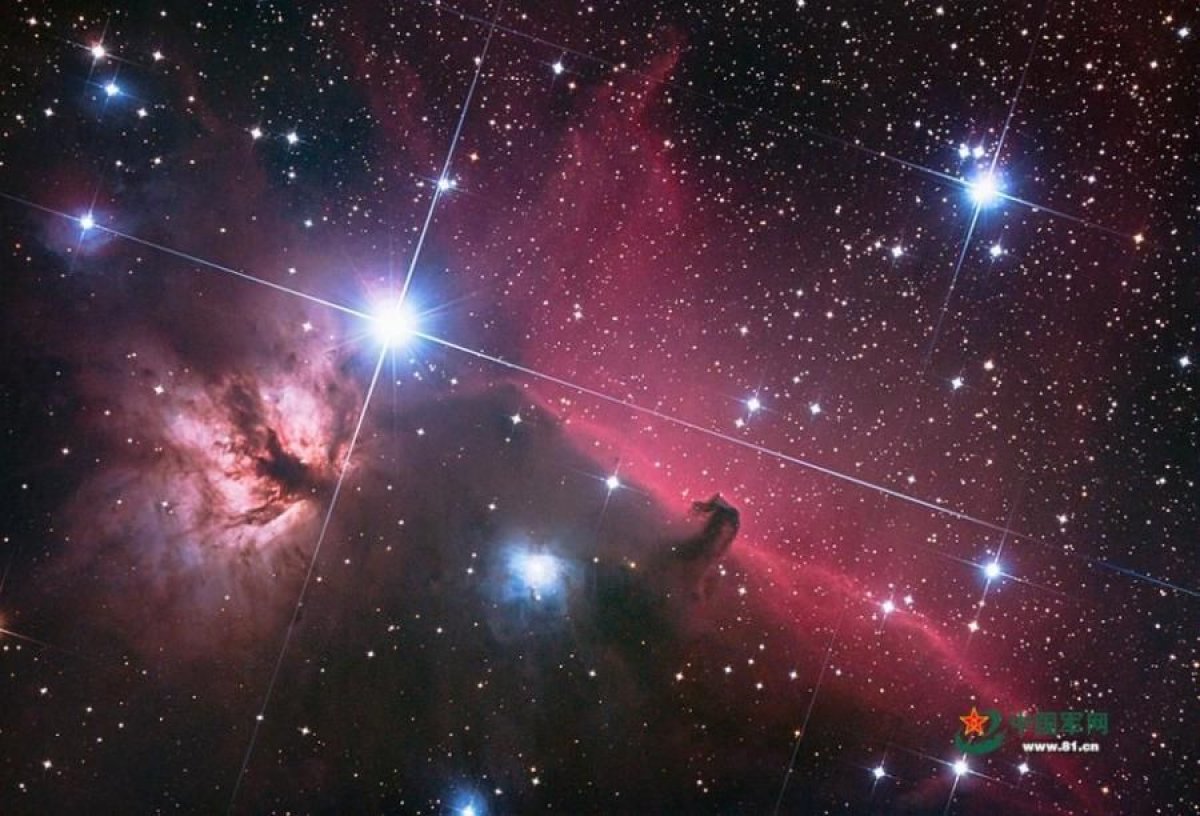Beijing has criticized a recent U.S. report accusing China and Russia of attempting to militarize outer space, the apparent justification for President Donald Trump's ambitious global missile defense plan.
In a report published Monday, the Defense Intelligence Agency found that "China and Russia, in particular, have taken steps to challenge the United States" in space, including through the development of weaponized satellites, energy weapons and surveillance networks. Such accusations previously appeared in Trump's 2019 Missile Defense Review, which, among other things, called for the installation of space-based missile interceptors.
Reacting to the report, Chinese Foreign Ministry spokesperson Hua Chunying said Tuesday: "First of all, I want to make it clear that outer space belongs to all mankind. It is not exclusively owned by any one country and especially not the private property of the U.S."
"The DIA report made unwarranted and utterly baseless comments on the space policies of relevant countries including China," she added. "China upholds the peaceful use of outer space and opposes weaponizing outer space or an arms race there. For many years, China, Russia and other countries have been working hard and trying to reach an international legal instrument to fundamentally prevent the weaponization of or an arms race in outer space."

Hua also noted recent "negative moves relating to the security of outer space," such as Trump's declaration of space as a "new war-fighting domain," something that inspired him to push forward a plan to develop a sixth branch of the U.S. Armed Forces known as the Space Force. She said such developments were "more likely to turn into reality the risks of weaponizing outer space and making it a battlefield."
"Despite all these, the U.S. has been playing up the so-called 'outer space security threats' posed by others," she added. "In fact, it is using self-deceiving tricks to justify its own military building in outer space and R&D in advanced weapons. If the U.S. side truly cares about the security of outer space, it should work with China and actively participate in the arms control process of outer space. It should make its due contributions to maintaining outer space security, instead of doing the opposite."
With his missile plan, Trump has vowed to "ensure we can detect and destroy any missile launched against the United States anywhere, anytime." China and Russia, however, have warned of an "arms race" potentially set off by the new Pentagon project.
Russia and China introduced a proposal to ban the placement of weapons to the United Nations Conference on Disarmament over a decade ago, in 2008. The proposal—titled the Treaty on the Prevention of the Placement of Weapons in Outer Space, the Threat or Use of Force against Outer Space Objects—was immediately shot down by the U.S., which labeled it "a diplomatic ploy by the two nations to gain a military advantage," according to Nuclear Threat Initiative.
Eight days later, the U.S. shot down a failing spy satellite with a ballistic missile. A year before, China had shot down its own dying weather satellite.
Beijing and Moscow have sought closer ties in recent years, having more closely aligned their policies in the face of what they have considered to be hostile moves by Washington. They have also set out on widespread military reforms, looking to modernize their armed forces in moves deemed by the U.S. to be challenging to its global posture.
Uncommon Knowledge
Newsweek is committed to challenging conventional wisdom and finding connections in the search for common ground.
Newsweek is committed to challenging conventional wisdom and finding connections in the search for common ground.
About the writer
Based in his hometown of Staten Island, New York City, Tom O'Connor is an award-winning Senior Writer of Foreign Policy ... Read more
To read how Newsweek uses AI as a newsroom tool, Click here.








